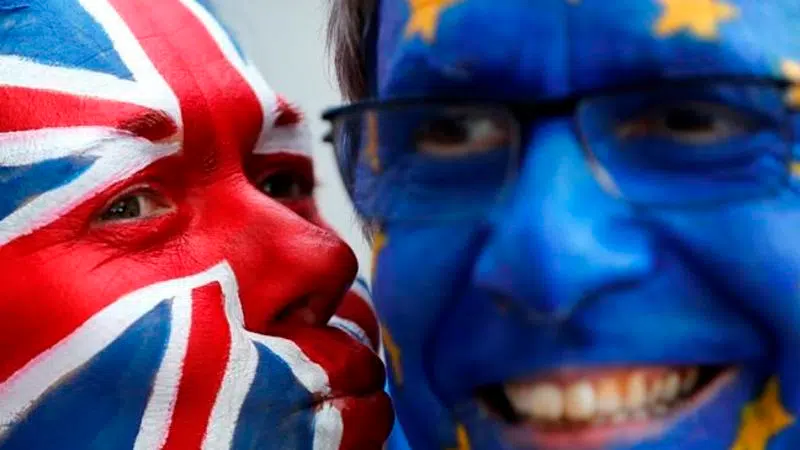
With Brexit, Britain is in crisis and not for the first time
LONDON — Few would argue that Britain is in what is often referred to as a bit of a pickle. A crisis in fact, undoubtedly of historic proportions.
With the country mired in confusion and recrimination over how to leave the European Union, many of Britain’s centuries-old institutions have clogged up, struggling to meet the challenges of Brexit.
Anthony Seldon, the historian and the vice chancellor of the University of Buckingham, calls it the “biggest political and constitutional crisis” to afflict the country in 300 years — since the Glorious Revolution of 1688 when King James II was replaced by the joint monarchy of King William III and Queen Mary II.
